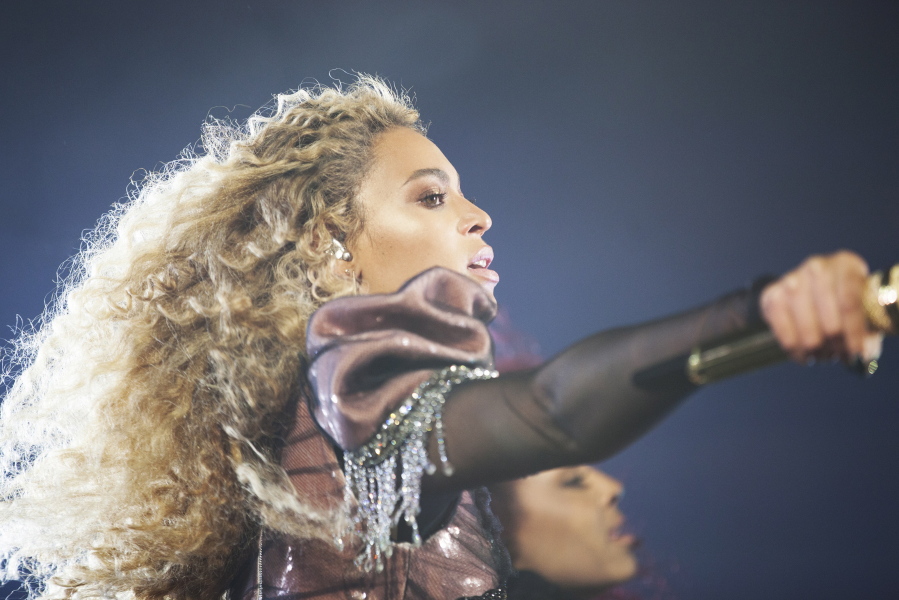If a pop culture icon flaunts her beauty and sexuality, does that make her an empowered feminist — or an unwitting agent of the patriarchy?
The icon in question, in this case, is Beyonc?. For as long as she’s been famous, feminists have debated Queen Bey’s feminism: Is she pushing for progress? Marketing her brand? Both? (Beyonc? herself first resisted the “feminist” label, then claimed it, in blazing white lights during her performance at the 2014 MTV Video Music Awards.)
Following the recent release of Beyonc?’s acclaimed visual album, “Lemonade” — hailed as a potent portrait of black womanhood, infidelity and redemption — feminist activists bell hooks and Janet Mock offered conflicting views about its portrayal of women in the hourlong video.
Hooks — an eminent scholar who once declared Beyonc? a “terrorist” after she posed in lingerie on the cover of Time — published a nuanced essay Monday that found some reasons to praise the star singer’s latest effort:
“It is the broad scope of ‘Lemonade’s’ visual landscape that makes it so distinctive — the construction of a powerfully symbolic black female sisterhood that resists invisibility, that refuses to be silent,” hooks wrote. “This in and of itself is no small feat — it shifts the gaze of white mainstream culture. It challenges us all to look anew, to radically revision how we see the black female body.”
Yet it wasn’t exactly a rave review. Hooks also noted the “utterly aestheticized” presentation of the female form in Beyonc?’s project, and questioned whether the album does anything to resolve the challenges faced by black women: “Simply showcasing beautiful black bodies does not create a just culture of optimal well-being where black females can become fully self-actualized and be truly respected,” hooks wrote.
Hooks’ critique drew a swift response from author and transgender advocate Mock, who took the opportunity to address a key underlying issue: the perception of “femme” women — those who, like Beyonc?, present themselves as traditionally feminine — in the black feminist movement.
“Let’s move beyond the clickbaity soundbiteness of ‘bell vs. Beyonc?’ and discuss the dismissal of black femme feminists,” Mock wrote on Twitter and her Facebook page.
Mock argued that hooks’ descriptions of the women in “Lemonade” — their “big hair,” their “fashion-plate fantasy” looks — are phrases that “reek of judgment of glamour, femininity & femme presentations,” Mock wrote. “It echoes dismissal of femmes as less serious, colluding with patriarchy, merely using our bodies rather than our brains to sell, be seen, survive. We gotta stop this. All of us.”
In other words: Bey shouldn’t get side-eye just because she chooses to embrace her conventional beauty.
“Our “dressed up” bodies and “big hair” do not make us any less serious,” Mock wrote. “Our presentations are not measurements of our credibility. These hierarchies of respectability that generations of feminists have internalized will not save us from patriarchy.”
Mock argued Monday that Beyonc? — and any woman — should be taken seriously no matter how she presents herself. “Femmephobia,” she said, “must be abolished in our spaces, our theories and our critiques of one another and one another’s work.”



